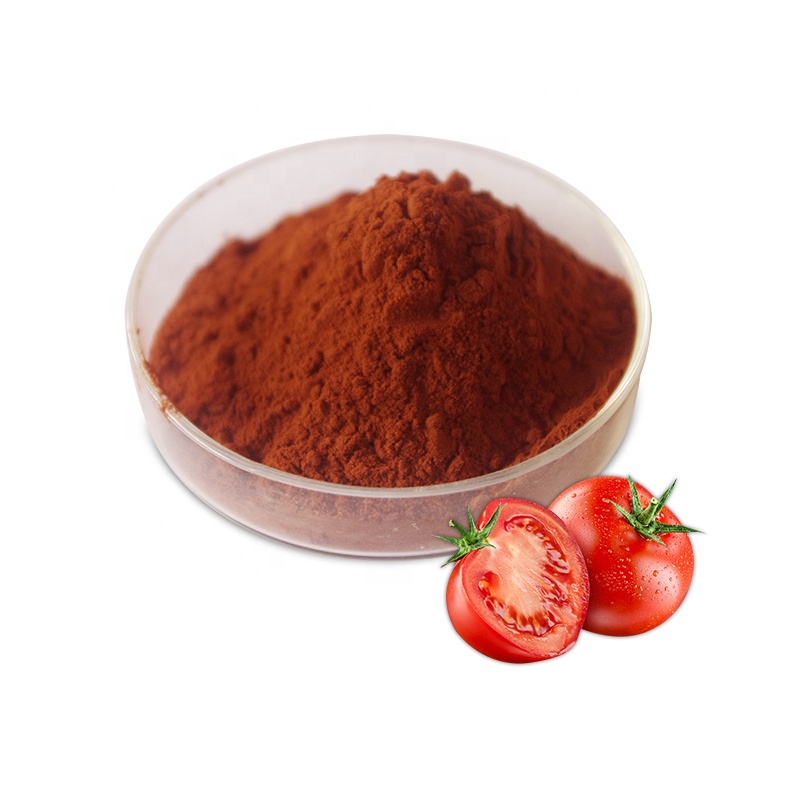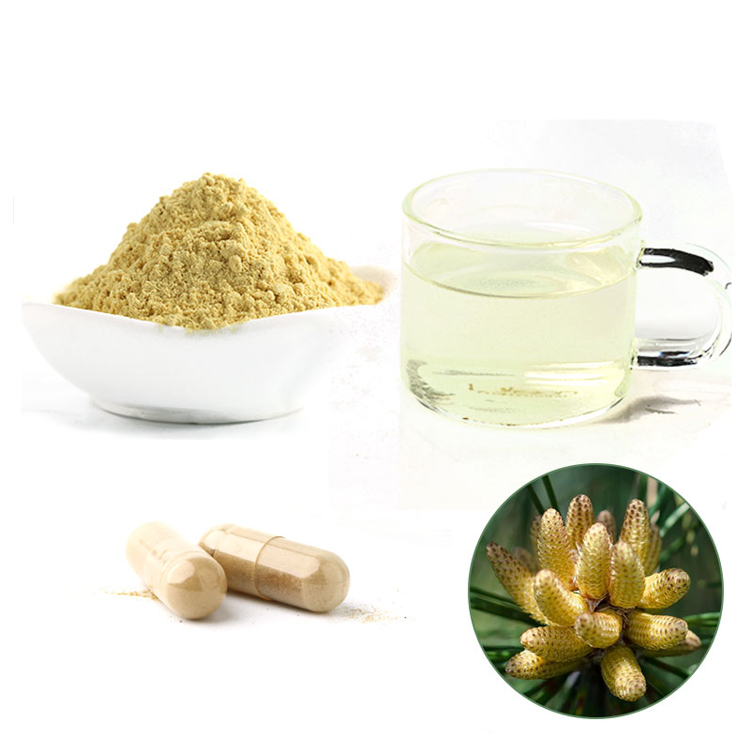Berberine is a bioactive compound found in a variety of plants, some of which include goldenseal, Oregon grape, and European barberry. While this plant alkaloid has been used in traditional Chinese and Ayurvedic medicine for thousands of years, it has only recently gained attention in Western medicine due to numerous studies connecting it with many health benefits — benefits that can be maximized by combining berberine with chromium and cinnamon.
A 2019 article published in the journal Theranostics reports that berberine can help manage cardiovascular and metabolic disease (CVMD). It also aids in their treatment, with this article calling berberine “one of the most promising natural product-derived drug[s] for the treatment of CVMD.” Ferulic acid Extract

Cardiometabolic diseases in which berberine appears to offer a therapeutic effect include:
Some of berberine’s benefits are related to its anti-inflammatory effects, while others are a result of this compound reducing oxidative stress, increasing cardiac output, and lowering lipid levels. Although each of these effects offers value on its own, combining berberine with chromium and cinnamon offers synergistic effects.
Chromium is an essential mineral that plays a role in the metabolism of fats, carbs, and protein. The human body only needs small amounts of chromium daily, with the adequate intake being between 20 and 35 micrograms per day according to the Office of Dietary Supplements, depending on age, sex, and whether a person is pregnant or lactating.
In a 2020 summary of the biological activities of berberine, researchers noted that previous studies have found that after taking a therapeutic with berberine and chromium picolinate, patients with fasting dysglycemia had improved cholesterol and triglyceride values. They also had a reduction in their inflammatory status, reduced fasting and post-prandial glucose-plasma levels, and decreases in fasting plasma insulin.
A 2021 study involving patients with type 2 diabetes also found positive blood sugar results. After taking a combination supplement for 12 weeks, individuals had significant glucose profile improvements. This included having lower fasting blood glucose levels (HbA1c) and reductions in advanced glycation end products (AGEs) and malondialdehyde (MDA).
Cinnamon is a spice that comes from the bark of trees in the Cinnamomum family. Though it is perhaps best known for adding flavor to tasty desserts such as cinnamon rolls, churros, and some cookies, research has also found that when combined with berberine, cinnamon offers more benefits for people with diabetes or prediabetes.
In a 2022 article published in Natural Products and Human Diseases, which is part of the “Advances in Experimental Medicine and Biology” book series, researchers indicate that cinnamon is one of several natural substances that helps modulate glucagon-like peptide-1 (GLP-1) expression and secretion. GLP-1 is a hormone produced in the gut that influences insulin release and contributes to a reduction in appetite.
Another 2022 study credits a combination berberine-cinnamon therapeutic with offering hepatoprotective effects. It is thought to work by reducing oxidative stress and increasing antioxidant status after exposure to a fungus that appears on some crops and is known to pose health hazards to both animals and humans.
There are two ways to gain the benefits of berberine with chromium and cinnamon. One is to purchase each supplement individually, then take them all at the same time. The other is to buy a product that contains all three, taking the guesswork out of how much to take of each ingredient while also saving the expense of purchasing multiple dietary supplements.
Dee Cee Laboratories, Inc. offers chiropractic professionals access to an advanced formula of combination berberine with chromium and cinnamon via its Berberine-500 dietary supplement. Each serving of this product provides 500 mg of berberine, combined with 72 mcg of chromium and 334 mg of cinnamon.
Berberine 500 is manufactured in an FDA Registered Facility and utilizes Good Manufacturing Practices (GMPs). To retain its quality, this product should be stored at room temperature. It should not be used by people who are pregnant or nursing, and people with diabetes should only take Berberine 500 under the supervision of their medical doctor.
Filed Under: Nutritional Supplements, Resource Center Tagged With: berberine, berberine with chromium and cinnamon, chromium, cinnamon

Cinnamomum Cassia Extract Get Chiropractic Economics magazine delivered to your home or office. Just fill out our form to request your FREE subscription for 20 issues a year, including two annual Buyers Guides.